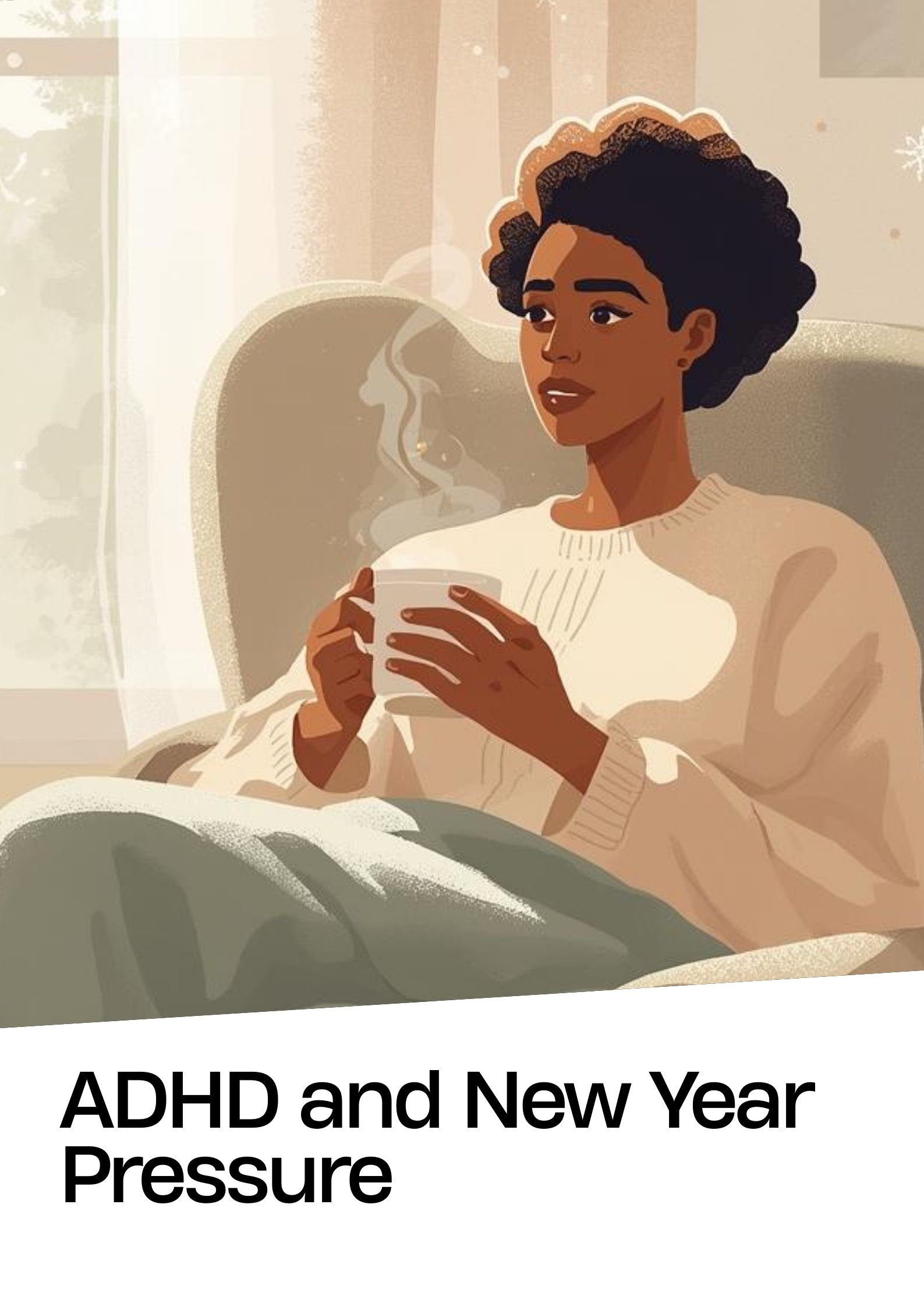Book Now
Menu
In the vast and diverse landscape of human emotions, emotional intelligence stands as a beacon of hope, a tool to understand ourselves and others better. Oxford Reference defines emotional intelligence as the "ability to monitor one's own and other people's emotions, to discriminate between different emotions and label them appropriately, and to use emotional information to guide thinking and behaviour." However, when it comes to gender and emotional intelligence, we often find ourselves at a crossroads.
Therapists often hear complaints from women stating that their male partners lack emotional intelligence. This perception can lead to misunderstandings, frictions, and a feeling of emotional disconnect within relationships. Is it true that men are inherently less emotionally intelligent, or are there deeper societal and personal aspects to be considered? This blog aims to delve into these questions and shed light on how men often hide their emotions behind intellectualism.
Several studies and widely accepted societal norms suggest that women typically exhibit higher emotional intelligence than men. While this might be a broad generalization, it’s crucial to understand the underlying factors behind this phenomenon. The commonly held belief is that socialization plays a massive role in shaping emotional responses and intelligence in individuals. Women are not inherently better able to understand or express their emotions, but rather have been, often unconsciously, socialized to do so.
From early childhood, men are often socialized to prize traits like assertiveness, self-control, competition, and independence. While these qualities have their merits, they often do not promote high emotional intelligence, empathy, or cooperation - elements vital for understanding and expressing emotions effectively. Men have access to the same emotional range as women, but have been taught and told that most emotions, other than anger and happiness, are weak.
One commonly observed tendency in men is using intellectualism as a tool to shield their emotions. In the heat of a discussion or argument, men often resort to using "facts" to validate their standpoint. They might prioritize proving their point over empathizing with or understanding their partner. This approach might seem like an attempt to "win" the argument, but it is essential to understand the emotional underpinnings behind this behavior.
Such an approach might not necessarily stem from an unwillingness to empathize, but rather from a deeply ingrained behavioral pattern stemming from societal expectations and personal experiences. Men may be more prone to using logic and reason to suppress or circumnavigate their emotions, which can often lead to a perception of them being less emotionally intelligent or empathetic.
Addressing this emotional disconnect requires understanding, patience, open and honest communication and consistent effort from both partners. It's important to acknowledge that emotional intelligence is not an innate, immutable trait, but a skill that can be learned and honed over time.
Through therapy and guided emotional exploration, men can learn to navigate their emotional landscape better, moving beyond the intellectual façade, and fostering deeper emotional connections. This journey can enable men to tap into their emotional reservoirs, promoting healthier communication, better understanding, and a stronger emotional bond with their partners.
In conclusion, understanding men's emotional complexity is not about reinforcing stereotypes or pointing fingers, but about fostering empathy, promoting emotional learning, and understanding the societal norms that have shaped emotional expression. It's about acknowledging the emotional capabilities of each individual, regardless of their gender, and guiding them towards achieving a healthier emotional balance and better relationships.
Remember, therapy is a safe space where everyone is welcome to explore, understand, and grow their emotional intelligence. If you're navigating the complexities of emotional disconnect, don't hesitate to reach out to professionals for guidance and support.



